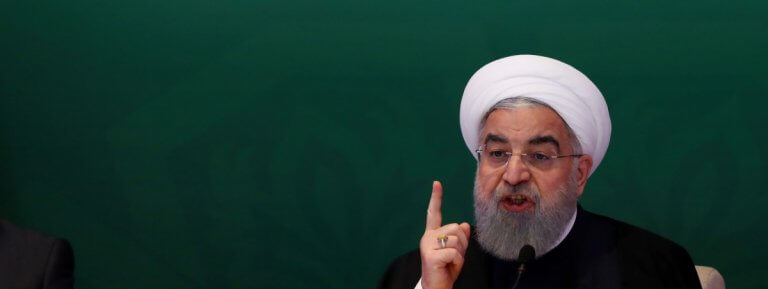
International students face a minefield of issues when it comes to plagiarism. Cultural differences, language barriers and a lack of understanding about intellectual property are some of the reasons driving students to ghostwriters and essay mills.
The concept of academic integrity isn’t easy and the best of us would probably had inadvertently cheated in one way or another. After all, the line between paraphrasing and plagiarising is a fine one.
Things are held to a higher standard when student graduate into high-level political office, however.

Unprepared for US colleges, many Chinese students at the top 100 US institutions plagiarised or used ghostwriters for their papers, a Wall Street Journal survey found. Source: Shutterstock
While confusion about citations and paraphrasing can be forgiven for new students, and even more so among those who are from a foreign education background, it’s hard to do the same for these famous ex-graduate students now running their very own countries.
Plagiarism charges against Iran’s President Hassan Rouhani surfaced in 2013 before subsiding and resurfacing again in 2017, according to TIME. Unlike his predecessor, Mahmoud Ahmadinejad, Rouhani was a student at Glasgow Caledonian University, earning his PhD there.
For his thesis, Rouhani was alleged to have copied parts of a book by Mohamad Hashem Kamali, a world-renowned Islamic scholar, without proper citation or attribution. Rouhani denied the allegations without specific explanation.
Russia’s Vladimir Putin and Mexico’s Enrique Peña Nieto are two other politicians with serious allegations of plagiarism against them
A 2006 Brookings Institute investigation stated that Putin never attended St Petersburg Mining Institute in 1996 to complete a “kandidat” degree (somewhere between a master’s and a PhD) in economic science despite stating so on his website. A further look into his dissertation revealed “evidence of extensive plagiarism”.
5 Politicos With Questionable Academic Credentials https://t.co/kruY9Hdzxh
— TIMEWorld (@TIMEWorld) March 5, 2018
The word ‘extensive’ is quite the understatement. Brookings researchers Clifford Gaddy and Igor Danchenko found that nearly 16 pages of the thesis was copied verbatim from a 1978 textbook entitled Strategic Planning and Public Policy, written by two University of Pittsburgh’s professors. Putin did not include any quotation marks, page citations or footnotes.
As for Peña Nieto, an investigative report by a local newspaper found that his thesis had been plagiarised from other works. How bad the cheating? Close to a whopping third (or 28.9 percent; 197 out of 682 paragraphs) was plagiarised.
And one of the sources he copied from was none other than former Mexican president Miguel de la Madrid.
A spokesman for the president deemed them “style errors“.
Liked this? Then you’ll love these…
Plagia-what? How the concept of academic integrity splits the world in half







